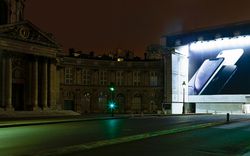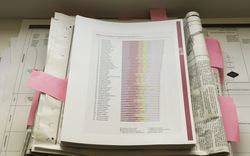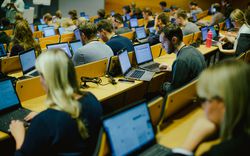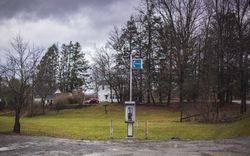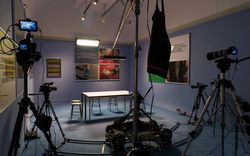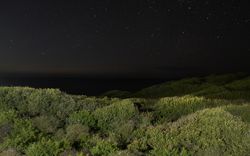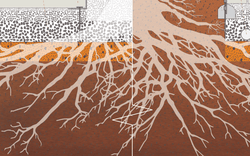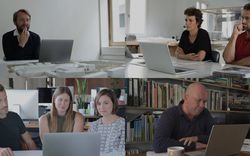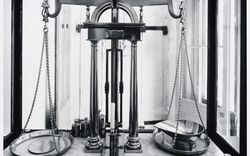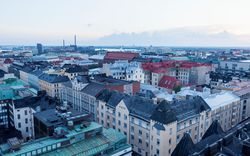How do we measure the quality of our lives? What is the data behind happiness? Over the last decade, lists of indicators, indices, and rankings, commissioned and produced by public and private entities alike, have changed how we perceive and design the spaces we inhabit. Key to the development of these lists was Nicolas Sarkozy’s 2008 formation of a committee to rethink GDP as a measure of social progress and David Cameron’s 2010 initiative to collect national statistics on well-being. Both of these projects can be seen as early markers of a new Happiness Agenda.
At a global scale, the consequences of this agenda include a redefinition of relational parameters between wealth and well-being and the rise of a social science, rooted in new strategies of data collection. The proliferation of documents such as happy indices, world happiness reports, and global livability reports incorporate subjective data on well-being—intimate, private, and individual levels of information as well as sentimental projections and personal desires—into more traditionally objective and quantitative data sets. These documents are political and media apparatuses that shape our built environment through their influence on decision-making processes within design. The new happiness handbooks are a novel kind of protocol from which to evaluate and redraft design principles—from approaches for sustainability to measures for security, from our present conception of comfort to a new understanding of the relation between work and free time.
Today, the possibility of tracking emotions is key to the dynamics that control the neoliberal economy and to the ongoing, and often overwhelming, phenomenon of an immaterial and structurally unstable market of “affects.” The exhibition Our Happy Life is a three-act study on the new spatial models founded on the measurement of happiness; including a dissection of the political project behind methods of city data collection and application, an investigation of the emotional component of the real estate market, and a demystification of the idea of social space. Our Happy Life is a narrative anti-manual which explores and interprets recent paradigms that are shaping our present perception of place, giving new identity to the materials of the private space of our homes, reconceiving our working environments, and transforming development itself through the planning of our cities.
Curator: Francesco Garutti
Curatorial team: Irene Chin, Jacqueline Meyer
Visual identity and design: OK-RM, London
Exhibition design: Bernard Dubois, Brussels
Design development: Sébastien Larivière, Anh Truong


















